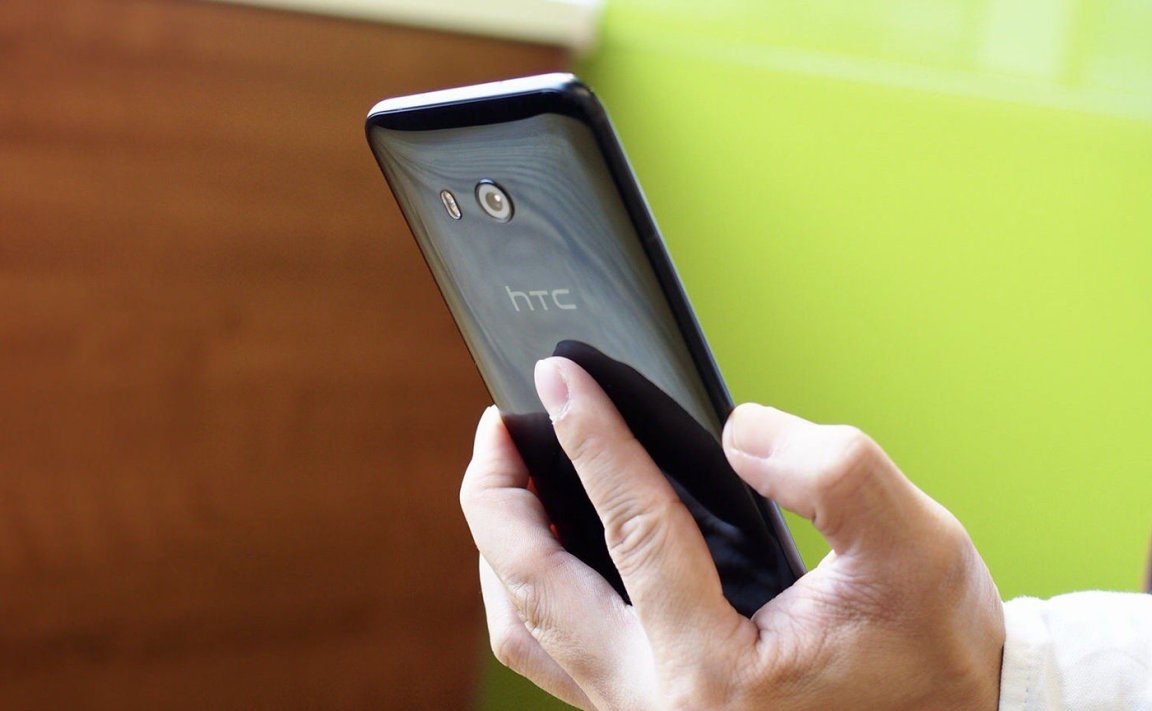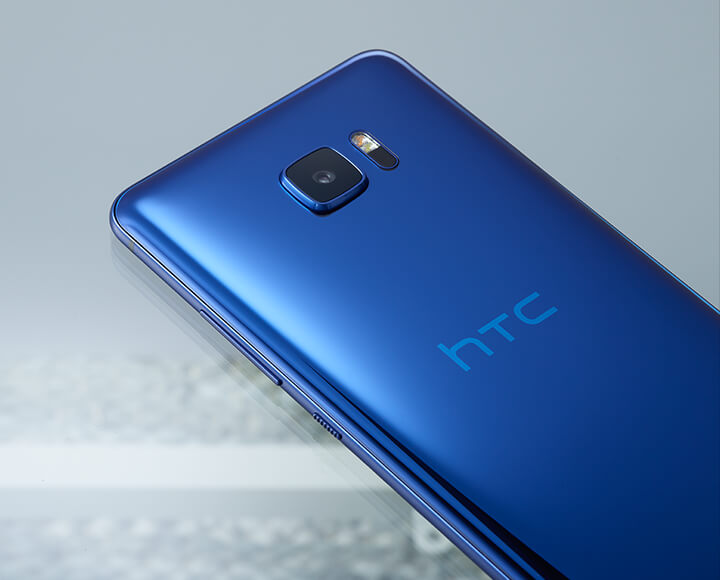
Google’s Emerging Hardware Business
In a joint statement Wednesday evening, Google and HTC announced their $1.1 billion cooperation agreement. Google will pay $1.1 billion in cash and receive a non-exclusive license for HTC’s intellectual property and about 2,000 HTC employees, of which many are already working with Google to develop the Pixel smartphones. The deal will provide HTC with a much-needed infusion of cash after years of dropping market value.
The deal was widely rumored to happen this week, and the Taiwan stock exchange even suspended trading of HTC’s stock leading up to the announcement. The move signals Google’s growing interest in expanding its consumer hardware strategy — Google’s hire of former Motorola executive Rick Osterloh, who now runs its hardware division, is part of this strategy. Although Google does not acquire any manufacturing assets as part of the agreement, it signals the search engine juggernaut’s ambitious plans for Android-powered smartphones as a competitive force against Apple products which currently dominate the market. The announcement comes just before new product launches in early October that should include two Pixel phones.

“HTC has been a longtime partner of Google and has created some of the most beautiful, premium devices on the market,” Google Senior Vice President of Hardware Rick Osterloh said in a statement. “We’re excited and can’t wait to welcome members of the HTC team who will be joining Google to fuel further innovation and future product development in consumer hardware.”
Shared History, Compatible Future
Although Google failed with its acquisition of Motorola’s mobile division, divesting it not long after the purchase when Motorola failed to produce smartphones that could compete with Apple, the collaboration with HTC offers a second chance for Google — one not burdened with manufacturing facilities. HTC has helped to create several Google devices, manufactured the Pixel smartphone, and built the most recent 6P Nexus.
HTC has placed recent emphasis on its growing virtual reality (VR) business, including the HTC Vive headset. This agreement will allow the company to reduce development costs while continuing to grow the VR division. And, while HTC has not been a market leader in smartphones for some time, this collaboration may give Google the opportunity to control hardware for its other devices, from Chromebooks to Google Home.